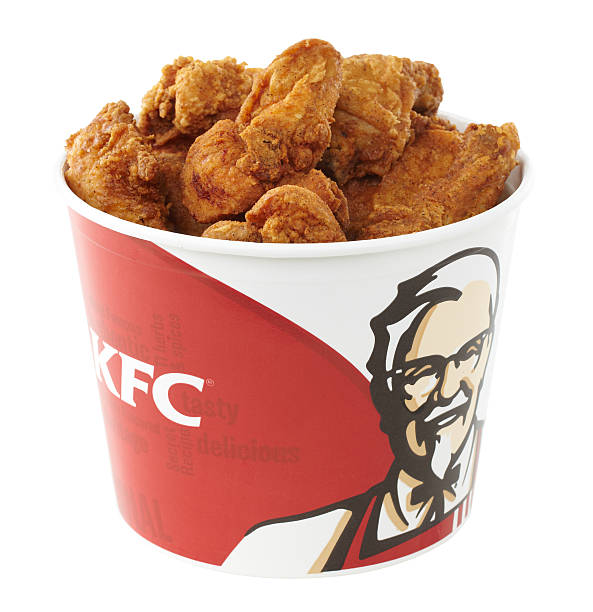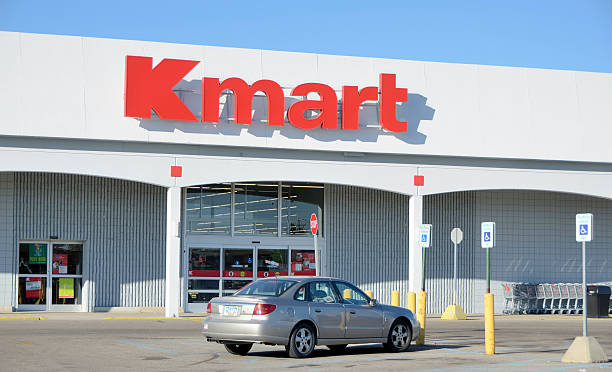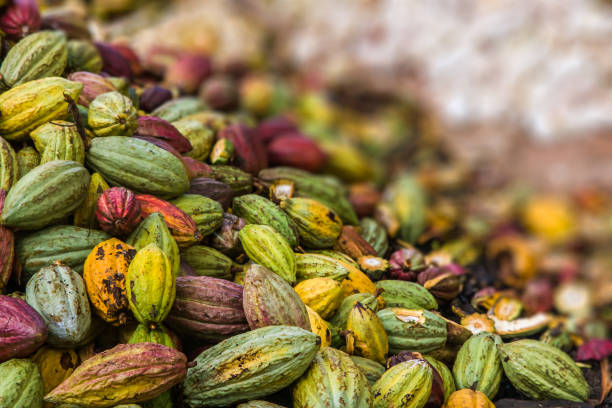Energy drinks are the second most popular dietary supplement in America, only behind multivitamins. Over 30% of teens between 12-17 years old regularly consume energy drinks. 1
Experts warn these drinks, which are often highly caffeinated and sugary, may cause increased blood pressure, weight loss, headaches, anxiety problems, dental issues, dehydration, heart disease, and other health problems. 2
Energy drinks are still popular despite the dangers. Celebrities are promoting these beverages on TikTok. Global energy drink sales will top $53 billion this year. A 7.1% growth is projected by 2027.
Why is it so Popular?
Energy drinks contain high amounts of caffeine and are used by athletes and students to boost performance.
How Much Caffeine Is Safe?
The FDA recommends 400 mg of caffeine a day for adults. That is equivalent to about four cups of coffee or twelve 12-ounce cans of Coca-Cola.
Caffeine recommendations for young adults are lower.
Very well reported that Priscilla MPasi, MD, is a pediatrician and the Region II chairperson of the National Medical Association.
Energy Drink Caffeine Content
- Red Bull contains 80 mg of caffeine per 8.4-ounce can
- Monster: 16-ounce cans have 160 mg of caffeine
- Celsius essential energy: A 16-ounce can contain 200mg of caffeine
- ban: a 16-ounce can contain 30 mg of caffeine
The American Academy of Pediatrics warns that many energy drinks contain more than 100 mg of caffeine.
The product comes with a caution label that states that the drink is not recommended for children younger than 18 and that it should not be mixed with other caffeine-containing beverages.
Other ingredients can be problematic.
Mpasi is concerned not only about the caffeine content of energy drinks but also other additives.
“You can find other stimulants that are legal on the market, such as taurine, guarana, and L-carnitine. These substances may be included in energy drinks. “This isn’t easily visible on the label or even in the marketing,” she added.
Experts claim that there is not enough information about these additives to make safe consumption recommendations.
Energy Drinks Can Contribute to Heart Disease
A cardiologist from Cedars-Sinai Heart Institute told Verywell, “Arrhythmias” (irregular heart rhythms) can be caused by the “hyperstimulation” of the heart.
Untreated arrhythmias could lead to more serious or fatal conditions. Untreated arrhythmias can lead to serious or even deadly conditions over time. 6
Cardiac Arrhythmias
Gulati added, “I think that people also underestimate the effects of energy drinks on blood tension.”
Another study published this year linked energy drinks to hypertension among children and teens. 8
Gulati stated that people with hypertension may be at even greater risk if they regularly consume energy drinks, which can raise their blood pressure. She said that many people are unaware they have hypertension. This is especially true for young people.
Experts say that it is difficult to test this association with randomized controlled trials. Experts warn against energy drinks because of this lack of evidence.
Gulati: “I believe that people should be cautious about what they eat.”
Alcohol is a poison.
Experts warn against mixing alcohol and energy drinks, in addition to concerns over energy drinks consumed alone.
Mpasi said to Verywell that energy drinks can be a stimulant and confuse the neurotransmitters in your body.
She said, “Your brain will be receiving a variety of signals. You don’t know what your brain or body will do if you drink alcohol and energy drinks together.”
In 2010, the FDA crackdown on caffeinated alcohol beverages led to companies like Four Loko reformulating their recipe and removing caffeine, guarana, and taurine from their products.
The CDC reported in 2017 that almost 32% of adults aged 19-28 consumed an energy drink with alcohol the previous year. In 2017, the CDC reported that nearly 32% of adults aged between 19 and 28 consumed energy drinks with alcohol during the year prior. 9
Gulati told Verywell that combining alcohol and caffeine will cause caffeine to take longer to leave the body.
She said, “You’re stimulated even longer than you might be if you were to take either one separately.”
Experts believe that this extra stimulation can cause people to drink more alcohol. The CDC found that young adults who mixed alcohol with energy drinks were more likely than others to binge drink.
You may find it difficult to consume energy drinks safely
Although a single energy beverage may not contain the 400 mg of caffeine that the FDA considers safe, those who depend on it might need to drink more than one of these drinks in order to get the same effect.
In a 2015 study, nursing students who used energy drinks to stay alert while studying for exams consumed up to 30 energy drinks per week.
Gulati explained that the effects of energy drinks, such as feeling more alert and more stimulated at first, tend to fade over time.
Some athletes also use energy drinks to improve their performance. However, experts advise that you should discuss the pros and cons with your trusted healthcare provider before using them.
Gulati warned: “Don’t think that food and beverage manufacturers are looking out for your best interests.” They’re trying to sell you something.









+ There are no comments
Add yours